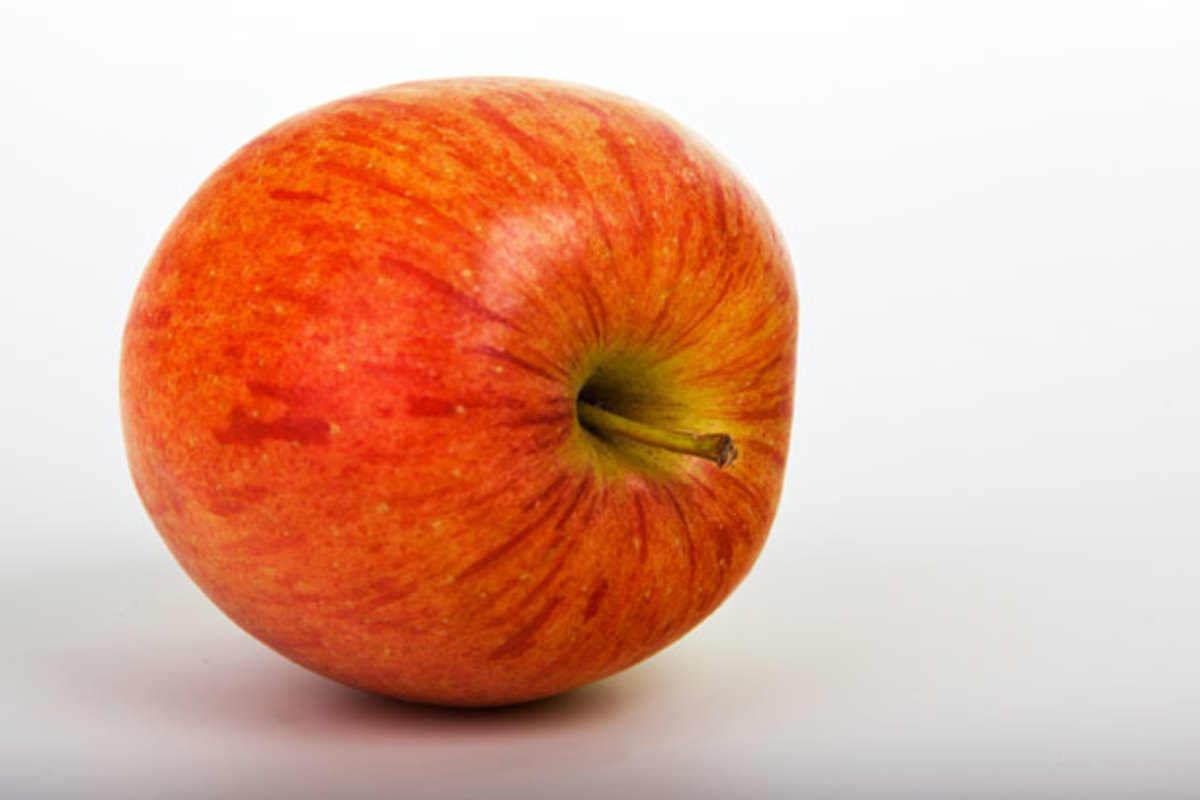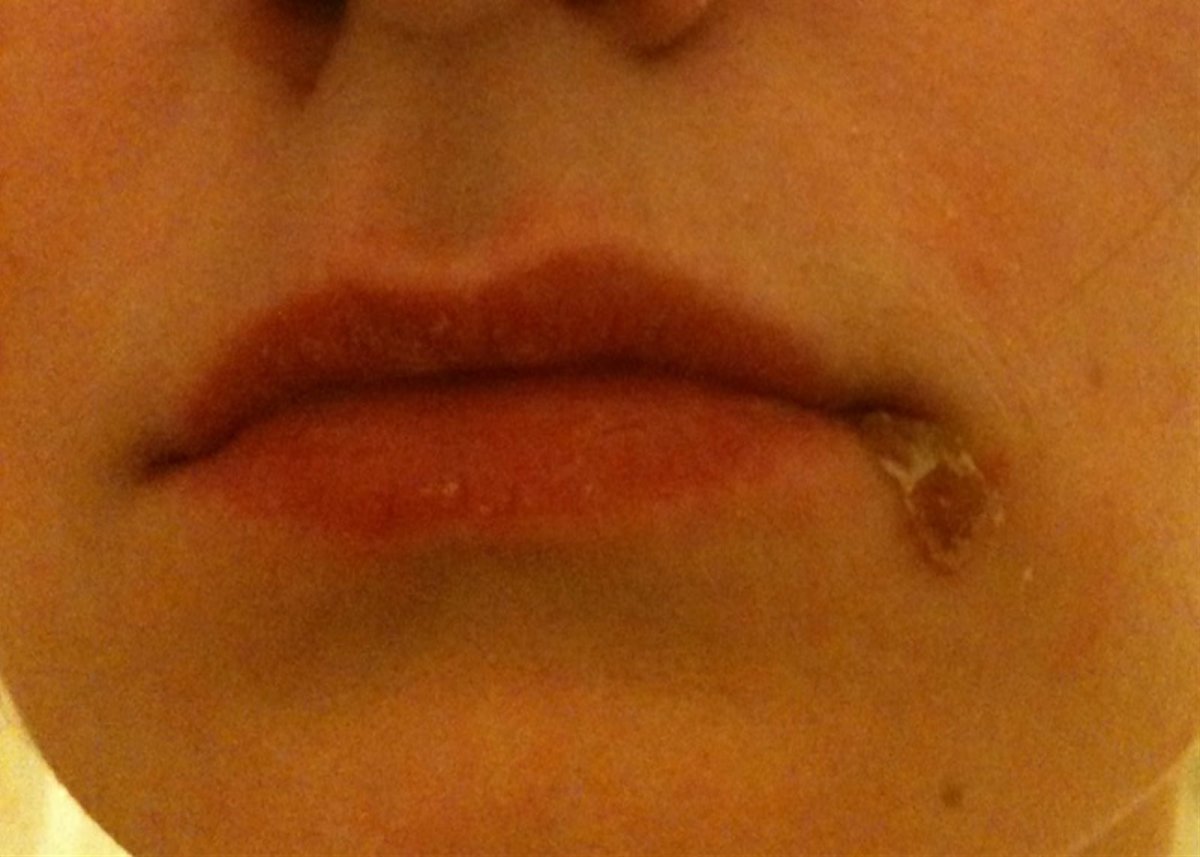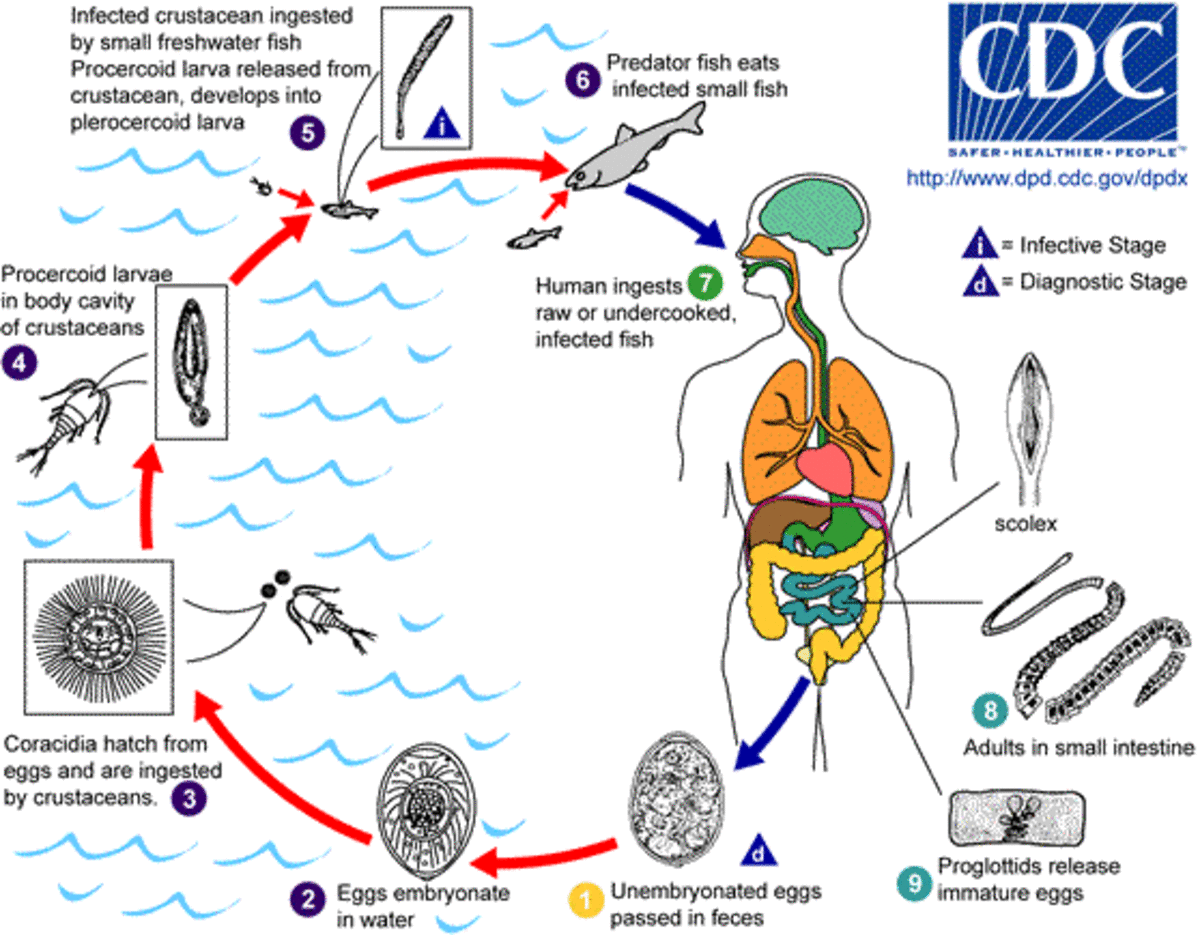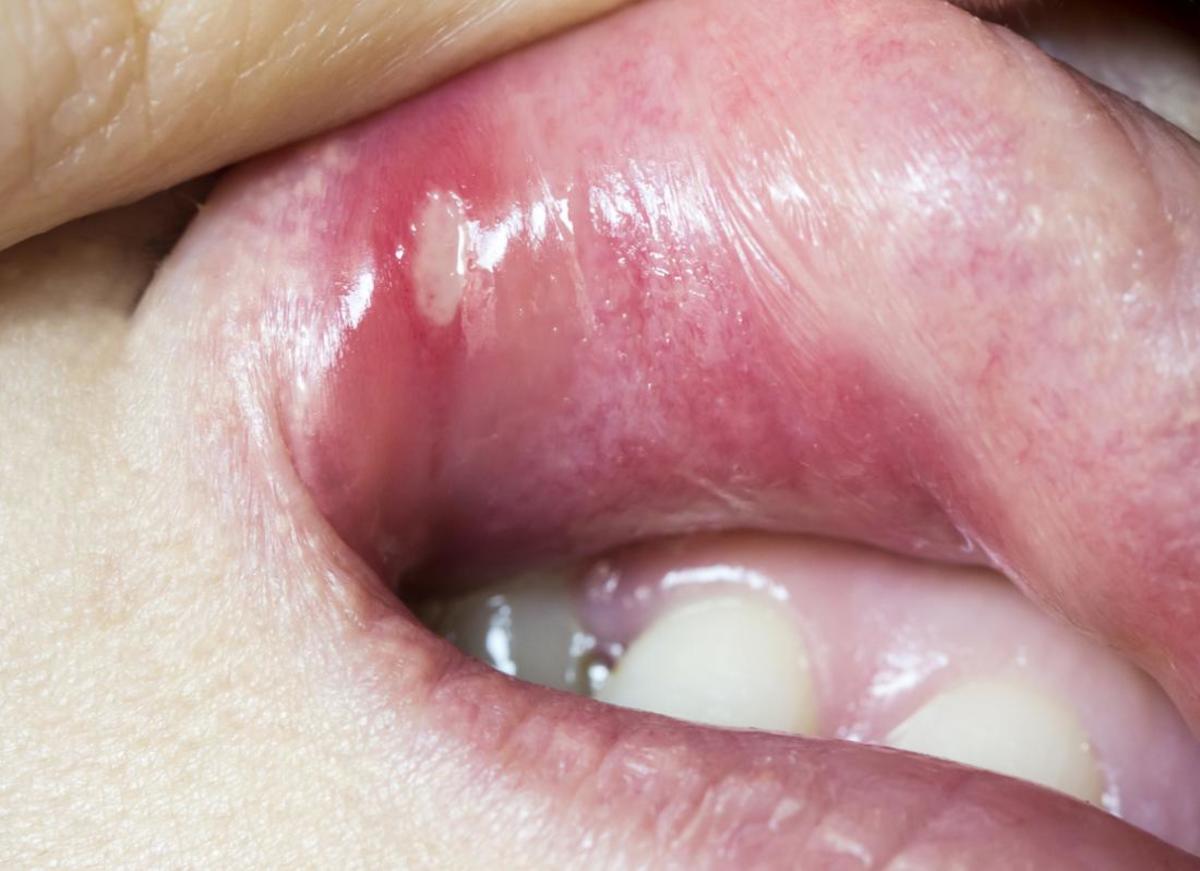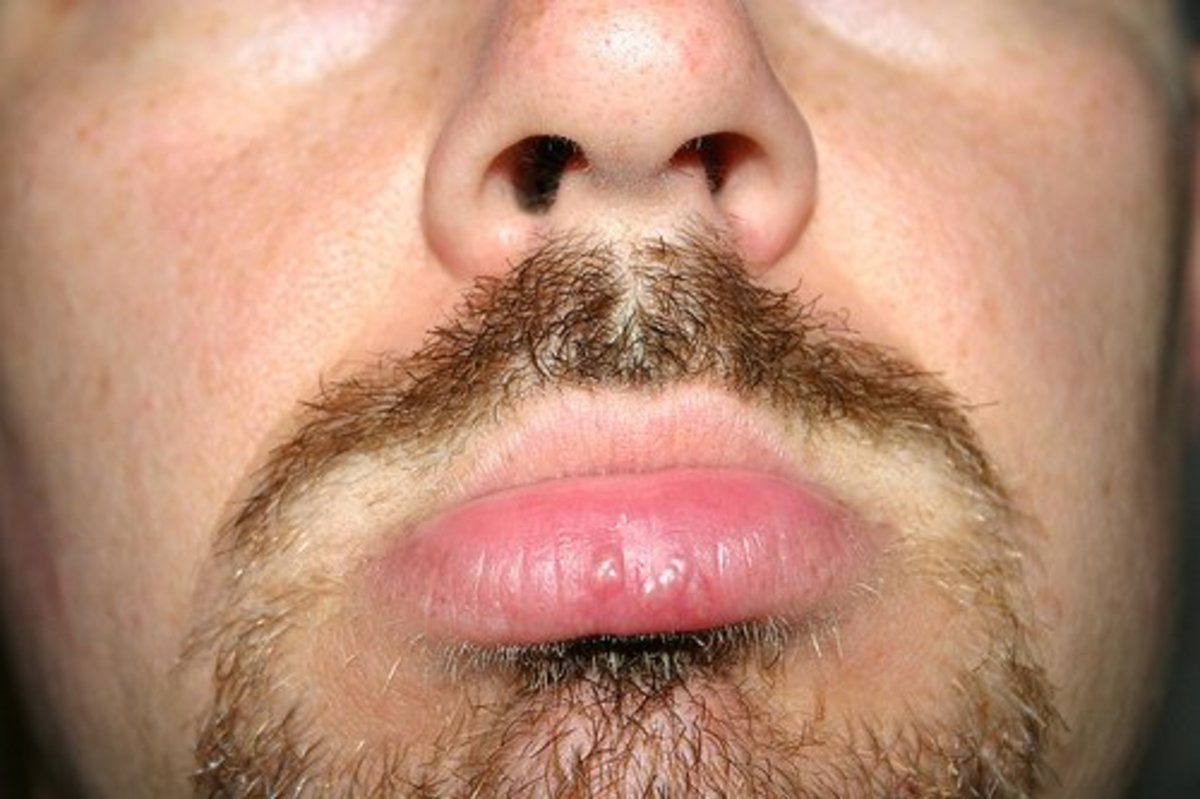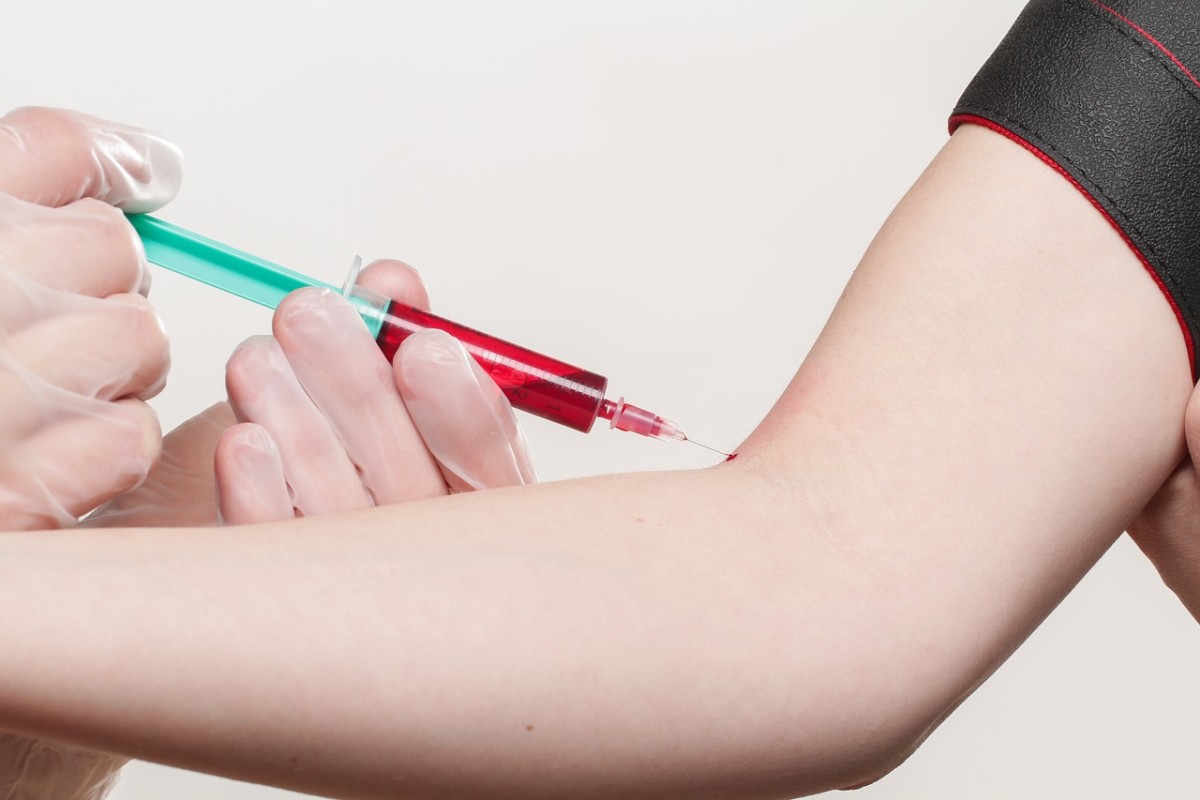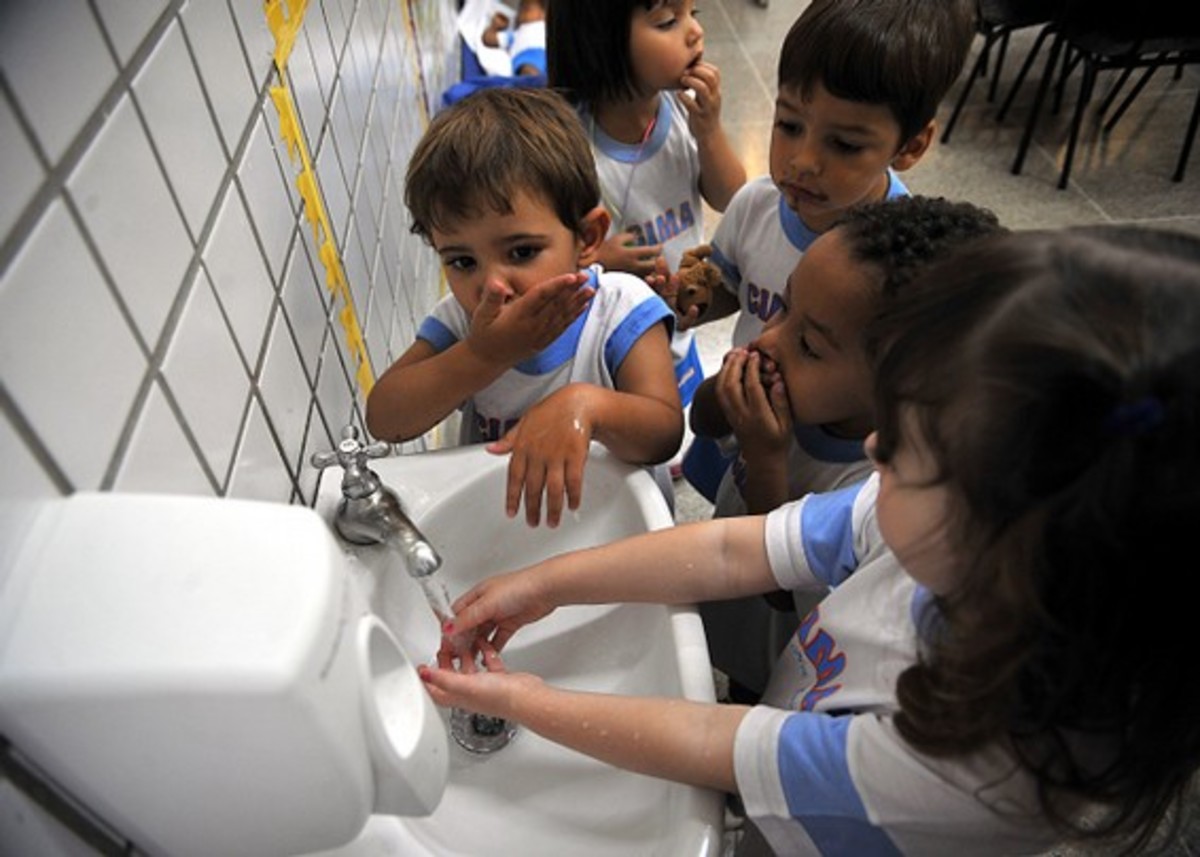Cold Sores and Ways to Prevent or Combat Them
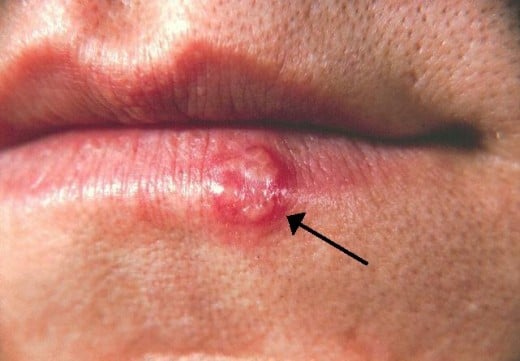
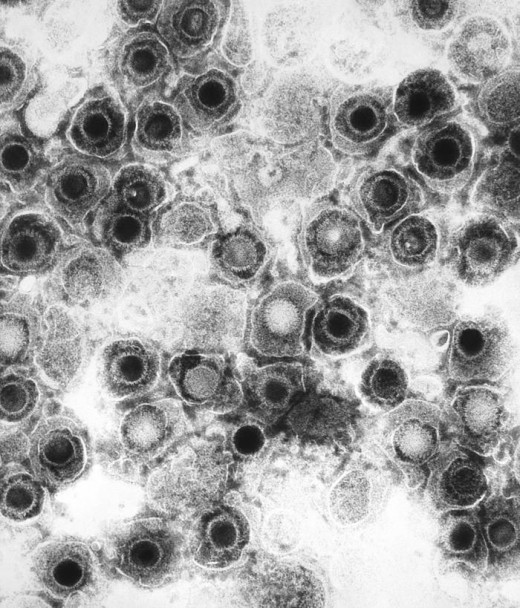
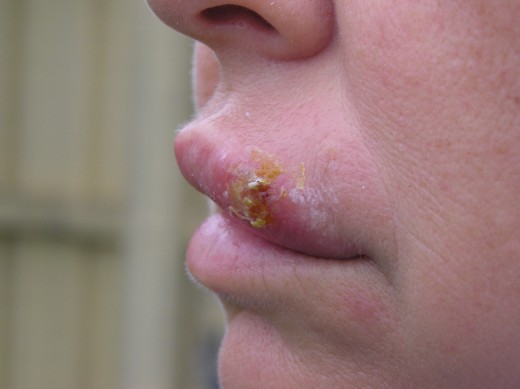
Do you get cold sores? Read on for more info and advice on treatment and prevention...
Do you suffer from agonizing, unsightly cold sores? If you’ve ever had one, you know how awful they can be physically, and emotionally. It is estimated that over 80% of the US suffers from cold sores, caused by the herpes simplex virus. Once exposed to the virus – usually through saliva or by touch, one contracts the virus, and has it for life. Typically the infection lays dormant in the body, but occasionally, outbreaks will occur, causing nasty clusters of blisters on the mouth, nose, or facial area. The blisters become itchy and painful, and then scab over and heal. They can take anywhere from a week to a few weeks to heal, and can leave scarring after they’re gone. Some people have been infected with the virus, but don’t experience the sores. It is important to remember that herpes simplex is extremely contagious, so washing hands frequently, and not touching the sores is crucial in preventing the spread to others. One is only contagious during an outbreak, but sometimes the spread of the virus can occur right before a cold sore appears, prior to the person knowing they have one. People that do get the sores have outbreaks several times a year. Over time, the outbreaks happen less frequently. Currently there is no cure for the virus, but certain medications and homeopathic treatments can help the body fight the infection, lessen symptoms and decrease outbreaks.
When you feel the "tingle":
Anyone who gets cold sores knows the exact feeling you get when one is approaching. A tingle or itching arises, and can often be the precursor of a cold sore. At the first sign of this symptom, action must be taken immediately to potentially combat the onset of the sore. Even then, it is not certain that anything can be done to prevent the nasty sore from actually appearing. And sometimes, the “tingle” happens overnight, leaving one to wake up with the bump already on the lip. At that time, nothing can be done to stop the cold sore, action can just be taken to slow the progress, and lessen the healing time. If you are able to start treatment at the first sign of the "tingle", the best course of action is to apply Abreva every 30 minutes, and take 1000 mg of Lysine. It is possible this can prevent the actual onset of the sore, or at least lessen the severity and healing time.
Below are various treatments that have been thought to prevent or heal cold sores best.
Valtrex: While usually prescribed as a treatment and prevention measure to genital forms of herpes, some say that taking Valtrex at the early onset or “tingle” of the sore can prevent it from appearing. While this has not been proven, it is certainly worth a try. Some people that get them often find that taking the medication daily helps lessen the amount of outbreaks.
Abreva: This is by far the best over-the-counter ointment out there, but it definitely works better for some than others. It has not been proven that the use of Abreva at the first sign of a sore will prevent it from actually appearing, but it has been proven to heal sores faster than other over the counter ointments.
Carmex: Carmex is used primarily to keep a scabbed-over sore from cracking. Once cold sores blister and scab, they can feel incredibly dry and painful. Carmex helps to keep it moist.
Lysine: Lysine is an essential amino that is a building block of protein. It plays an essential role in the production of carnitine, a nutrient responsible for converting fatty acids into energy and helping to lower cholesterol. It also helps the body to absorb calcium, and aids in the formation of collagen – important for bones and connective tissues including skin, tendons, and cartilage. This is probably the best tool for prevention of cold sores, and must be taken on a daily basis in order to do so. 1000 mg per day is recommended.
Ice: This has not been proven, and people have mixed opinions on the effectiveness of it. It is possible that applying ice to the tingled area before a sore appears, can prevent it from actually coming on, or at least lessen the severity of it. Ice is thought to freeze out the active virus, stopping it in its tracks.
Tea Bags: Applying green or black tea bags to a cold sore in its early onset has been thought to decrease healing time of the sore. Many argue whether the bag should be hot or cold – due to the fact that cold sores fester in warm, moist areas like lips. Application to the sore must be done several times a day, and for 10-15 minutes each time, for any chance of a positive effect.
Toothpaste: Some say that applying toothpaste to a cold sore helps dry out the blister, and start the crusty, scabbed stage of the sore. It is unknown if this has any effect on healing.
While there is currently no cure for herpes, these methods can be effective in preventing them, decreasing the amount of outbreaks, and/or lessening healing time. Some methods work better than others, depending upon the person. Anyone who gets cold sores knows how painful they are, and to what a huge blow to the self confidence they can be. That’s why trying anything that might work is a good idea – you never know what will work for you.
Do you get cold sores? If so, please leave a comment and share what works best for you!!


